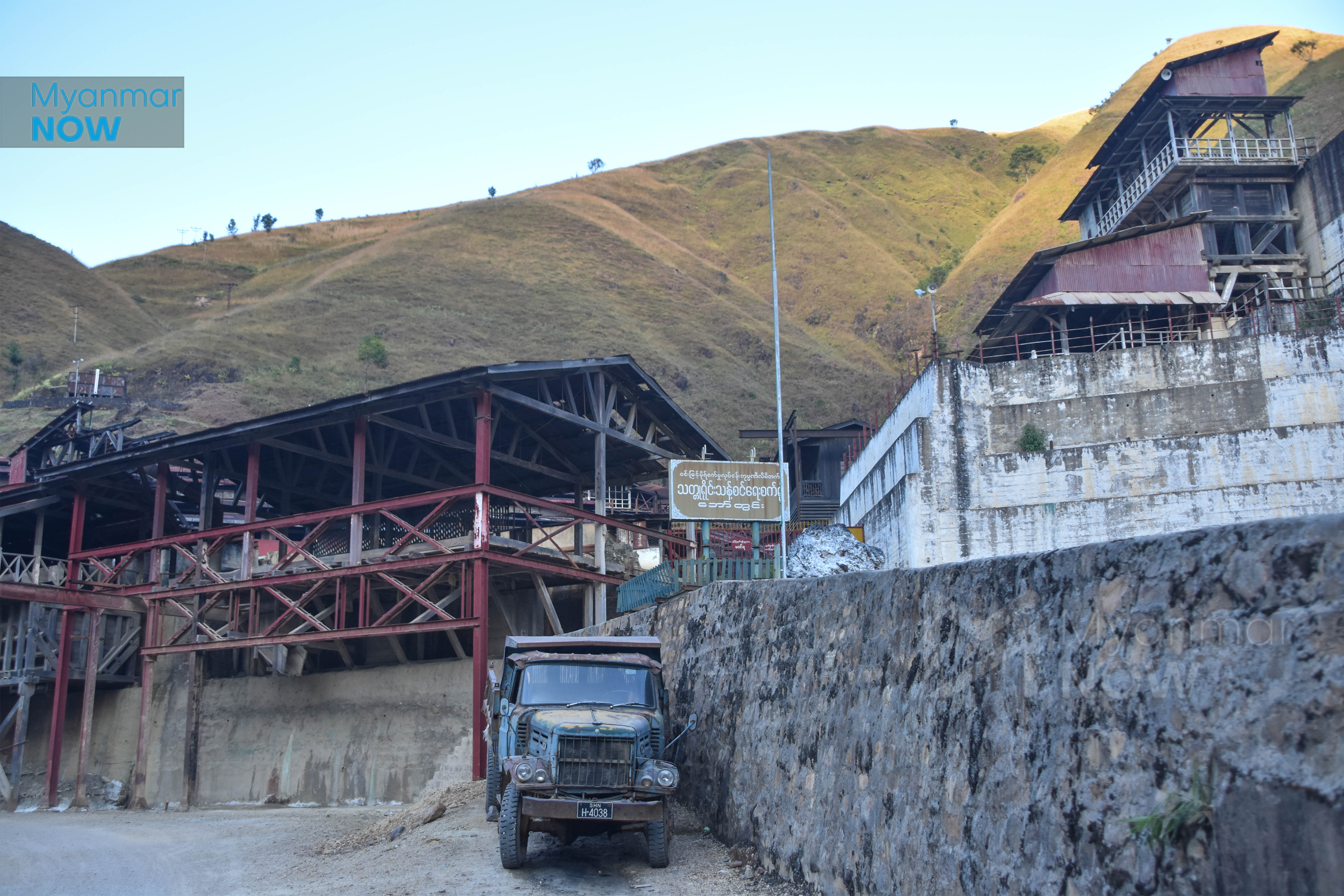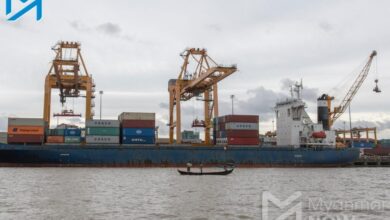
Campaigners have called on an Australian mining company to cancel the planned sales of its stake in a Shan State silver and zinc mine to a military-linked company with alleged ties to Myanmar’s drug trade.
The Perth-based Myanmar Metals announced last month that it will sell its 51% stake in the Bawdwin mine for $30 million to a company called Win Myint Mo Industries (WMM).
Media reports from 2017 identified WMM as a subsidiary of Asia World, a conglomerate established by the late Kokang druglord Lo Hsing Han and now headed by his son, Steven Law.
Law was subjected to US sanctions for supporting the military and for his own alleged role in the drug trade.
Campaigners from the transparency group Publish What You Pay (PWYP), along with 245 Myanmar civil society groups, submitted a complaint on Wednesday to the Organisation for Economic Co-operation and Development (OECD) about the sale.
The complaint said WMM “does not have a track record of responsible business nor a public human rights policy. It is highly unlikely that it would follow the OECD Guidelines.”
The intergovernmental group’s guidelines lay down a set of rules for responsible behaviour by corporations, including on human rights. The rules are non-binding on companies but binding for signatory governments, which are required to ensure the guidelines are followed. Australia is an OECD member but Myanmar is not.
The complaint accuses Myanmar Metals of failing to conduct proper human rights due diligence on the sale, failing to consult adequately with stakeholders, and failing to be transparent about the sale. It also says the company failed to act to make human rights problems less likely after the sale.
The divestment could lead to “an increase in armed conflict in the region surrounding the Bawdwin mine, harms to local people and communities associated with armed conflict, and financing and legitimation of the illegal military junta,” it adds.
The campaigners said they do not consider WMM to be a responsible entity to hand the project to and that Myanmar Metals “should cancel the proposed sale” and “only sell to an entity that is assessed as responsible under the OECD Guidelines.”
The Bawdwin mine contains rich deposits of silver, lead, zinc and copper, and is expected to generate as much as $2.9 billion in revenues over 13 years once it becomes operational.
The sale will be voted on by Myanmar Metals shareholders later this month.
Clancy Moore, PWYP’s National Director for Australia, told Myanmar Now that Myanmar Metals had “cut and run” from the country.
“Australian companies should divest in the most responsible and transparent manner,” he said. “No human rights due diligence, and not consulting with communities or the National Unity Government, means Myanmar Metals have failed this test.”
“Myanmar Metals is trying to irresponsibly dump its investment onto associates of the Myanmar military, showing a total disregard for the human rights of the people of Myanmar,” said Ko Ye, a spokesperson for the Myanmar civil society groups involved in the complaint.
The OECD’s complaints process offers few avenues for those affected by the sale to enforce their rights. One possible outcome is a dialogue between stakeholders and the company aimed at resolving the issue. It is unclear how this process will work since Myanmar Metals is ending its involvement in the mine.
Myanmar Metals said earlier this year that it has already withdrawn from two other mining exploration ventures in Myanmar, the Locrian Precious Metals project and the Wuntho Exploration project.
Neither Myanmar Metals nor WMM responded to requests for comment.
This story was produced in collaboration with Finance Uncovered.



